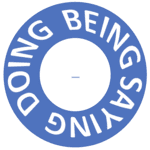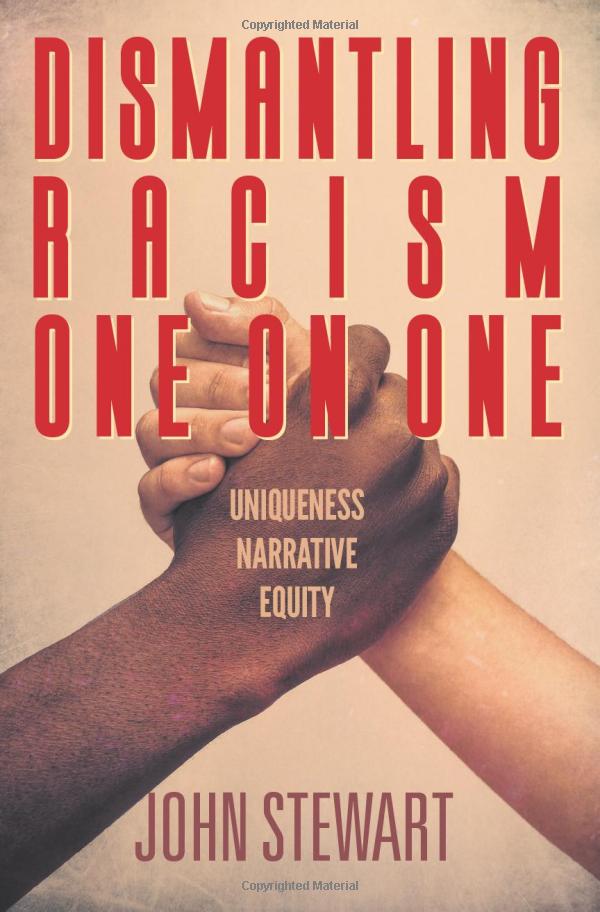Whether they work from home or alongside colleagues, employees continue to spend time fuming over unresolved conflicts, coping with hurt feelings, resenting how women are treated–or men, and wondering when their boss will ever apply best practices for team-building, employee motivation, or shared leadership.
When someone proposes interpersonal communication training, many of the same people who are fuming, coping, resenting, or wondering dismiss it with:
- “Save me from that touchy-feely crap!”
- “Take the time to pay attention all that and we’ll never get anything done!”
- “She just wants us to hold hands and sing Kumbayah.”
- “You know what that all boils down to? Just be open and honest.”
There’s some truth in each kind of resistance. Socially competent, emotionally intelligent people know that appropriate touch can be powerful and that feelings are part of every interaction. So “touchy” and “feely” are understandable labels. It does take some time to be people-focused. Although I’d definitely avoid Kumbayah, positive experiences can be magnified in a group setting, and images, poetry, and music can all promote wellness. Appropriate openness and honesty can also work wonders.
And it won’t work to “just be open and honest.” Too much openness can violate confidentiality rules or preferences. Personal attacks get justified with the excuse, “I’m just being honest.” Proprietary information can get disclosed to outsiders. Most importantly, the complexity and diversity of the people we work with and for gets reduced in the shallow and simple understanding, “Just be open and honest.”
Here’s a better approach that combines conceptual coherence and everyday practicality: Work to create a unity among what you say, what you do, and who you are.

The circle is the ancient symbol of wholeness, and this one embraces the three parts that make up our identity. We may believe that our inmost desires and secret commitments define “the real me,” but part of what it means to say that humans are social animals is to recognize that our identities get shaped as we relate with others, and others rely on what we say and how we act over time to determine who we are.
Saying
The first demand this circle makes is that you pay attention to what comes out of your mouth. This will be a new discipline to people who talk most of the time, complain a lot, say what they believe others want to hear, favorably spin events so they always look good, bitch, or prevaricate, which is a fancy word for lying. It’s important to listen to yourself and hold yourself to a moderately high standard. Small talk is functional and bs’ing can be fun, but remember that somebody is always drawing conclusions from what they hear you saying.
In other words, your talk matters. If your saying is laced with obscenities, you become for most others that kind of vulgar and unprofessional person. When your favorite words are “I,” “Me,” and “Mine,” you’re read as selfish and egocentric. Those who ask genuinely curious questions are known to be good listeners. Abrupt, dismissive, certain, resentful, abusive talk is toxic, and empathic, collaborative, provisional, kind talk promotes wellness.
Saying—>Doing
Do you walk your talk or just talk it? How well does your behavior fit the values you express? Is there congruence, or a ‘fit’ between what people hear or read from you and what they observe? Currently, U.S. Senate candidate Herschel Walker may be losing his race in Georgia because he railed so long against abortions and then was found to have paid for his girl friend’s. Remember that good character is often defined as what a person does when they don’t think anybody’s watching. Most people appreciate consistency, even if they disagree with the direction taken. We don’t like to be betrayed or even surprised by someone who says one thing and does another.
Doing—>Being
“Being” is about who you are, your genuine identity or “true self.” Sure, people change over time, and we all show different sides of ourselves in different situations. Dentists ride their Harleys on weekends. The preacher’s spouse shows up in a sexy costume on Halloween. And those who know you best usually see the real you.
The philosophical study of Being is “ontology.” The suffix “-ology” is familiar from such words as “psychology” and “biology;” it means “the study of,” or for some pepople, “the science of” something. So psychology is the study of the psyche, and biology the science of “bios” or life. “Ontos” is a greek term for “truly” or “really,” so this makes “ontology” the study of the most basic truths, a discipline that asks, “What is there, fundamentally or most basically?”
Human ontology explores who humans are, most fundamentally. Some claim we are rational animals, distinguished by our thinking processes. Karl Marx defined humans as fundamentally economic beings. Others say we’re storytellers, homo narrans. All these are ontological claims.
Saying-Doing-Being-
All this means that when you ask about how your Saying and Doing relate to your Being, this is not a superficial, easy-peasy question. The question asks about how your talk and action relate to who you really are. Behind closed doors. In your most candid moments. Without the masks you sometimes wear. Who you really are.
The advice that flows from this blue and white circle is simple to understand and often really difficult to apply:
- Always tell as much of the truth as you can. You might want to believe that flash and dazzle sells ideas and that you can get what you want by skating at the edges of what’s true. But people trust what they believe more than what wows them.
- When you don’t think it’s possible, wise, timely, kind, or appropriate to tell the truth, say that; explain what’s limiting you.
- Try not to just say what you think others want to hear. Instead, say nothing.
- Reframe when it actually helps, and avoid being a spin doctor.
- Live your life as if you’re on camera all the time–which is almost true. Practice being authentic by behaving in private as you behave in public.
- Realize that how you talk and act is who you are.


